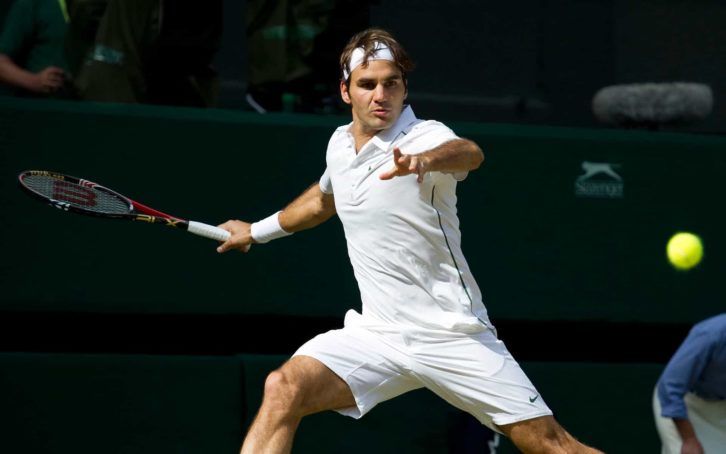
Graeme not only changed the game for his company, but he also changed the game for himself and others. He had an exciting point of view about the future, particularly around how technology could enable new value for their customers. Once his business stakeholders were on board with his vision, he inspired his team to take on a stretch objective to deliver a major program of work. It would take took him and his team outside their comfort zone to achieve it. He ensured that they delivered on all the little promises that added up to delivering on the big commitment. The success they achieved made him more marketable to other businesses who were looking for a game-changing leader. It also inspired leaders around him to step up their own leadership and move on to bigger things. Importantly for Graeme, it motivated him to take a new direction in his career and set up his own now thriving business.
Graeme had earlier made a conscious transition from his specialist technical competence to a generalist leader, through building his ability to influence others around him. He reinvented his technical problem solving ability by applying his superpower to the strategic challenges that his organisation faced. He also realised that if he was to deliver on his commitment to change the game he needed to be skilled at solving the problem of getting other people to step up their leadership. He sought views from other industry sector business leaders about their strategic objectives and the leadership challenges they faced. He was constantly curious about how to lift his own leadership to new levels and he challenged others to do the same.
In the book, Range: Why Generalists Triumph in a Specialized World, the author David Epstein, presents a counter intuitive argument to the widely held belief that the more you specialise and practice, the better you become. He believes that generalists are primed to excel, ”They are more creative, more agile and able to make connections that their more specialised peers can’t see.” Studies of athletes, artists and musicians help make his case. World renowned tennis player, Roger Federer tried several sports, like squash, skiing, wrestling, skateboarding, basketball, tennis and badminton. He found that he liked ball sports and gave credit to his range of sports experience for helping his hand-eye coordination. He moved toward tennis as a teenager, but not intensively. Federer’s winding path to tennis success points to the fact that sampling, rather than specialisation, can often be the best route to eventual success.
In Graeme’s case, his willingness to move from his area of technical specialty by building his leadership influence, set him up to change the game and create a new future for himself and others.
Are you changing the game for yourself and others?
Best regards, Brian
Click here to grab your copy of Leadership Is Changing the Game – The Transition from Technical Expert to Leader.
